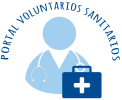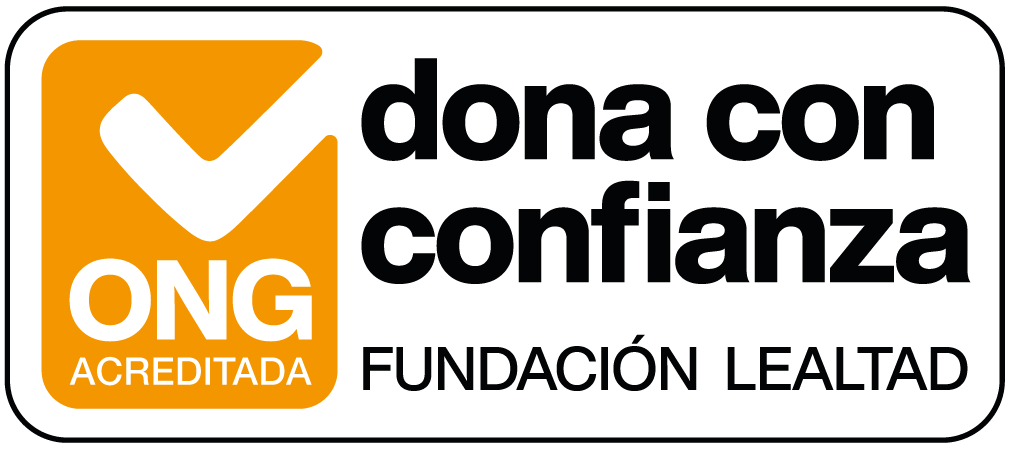"LET CHILDREN STUDY" SCHOLARSHIPS FOR ORPHAN AND VULNERABLE CHILDREN N MEKI, ETHIOPIA
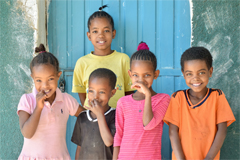 The OVC "LET CHILDREN STUDY" Scholarship Program of the Pablo Horstmann Foundation is part of the Integral Health, Educational and Social Project in the city of Meki in Ethiopia.
The OVC "LET CHILDREN STUDY" Scholarship Program of the Pablo Horstmann Foundation is part of the Integral Health, Educational and Social Project in the city of Meki in Ethiopia.Given the high percentage of minors not attending school in this area, the program enables orphans and/or children at risk of poverty and social exclusion to have access to education. These include children that usually live with a single parent, relatives or neighbors, in precarious family situations with an extreme low income. Some even live on their own, grouped together in rented accommodations nearby the orphanage compound.
402 CHILDREN ARE CURRENTLY BENEFITTING FROM THIS PROGRAM
The beneficiaries are mostly minors below the age of 16, single or double orphans (loss of both parents), who are taken care of by adults, mostly close relatives or neighbors. Although this program mainly focuses on education, besides school fees for enrollment, uniform and school materials, the scholarship also covers four annual distributions of basic food, clothing and hygiene products, given the extreme poverty in that region.

A follow-up by our social workers is an essential part of the program. Regular home visits, medical check-ups and academic follow-ups are scheduled by the programs’ management as to make an appropriate evaluation of the actual situation of the family and child. This allows the social workers to take any important decisions according to individual needs.
In coordination with the Women's and Children's Affairs Office (W.C.A.O.) of Meki, we also try to detect any kind of difficulties in the family's environment that may affect the foster child such as bullying, child labor, illness, abandonment or others. Moreover, we try to solve other kind of needs such as the lack of a table or a light for studying at home.
SCHOOL ENROLLMENT: AN ESSENTIAL REQUIREMENT TO BECOME BENEFICIARY OF THE "LET CHILDREN STUDY PROGRAM"
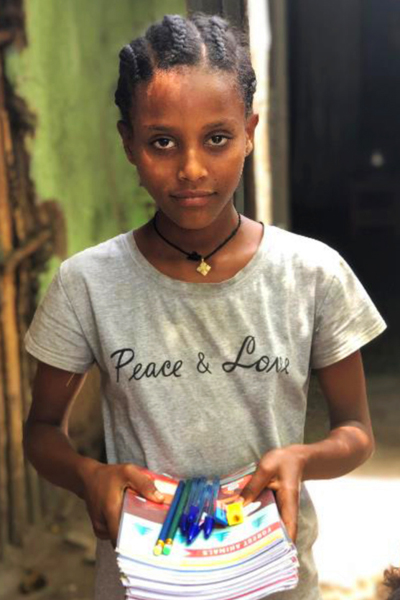
Enrollment, regular school attendance, and the submission of grades twice a year to our social workers is mandatory to be part of this program. Non-compliance of the mandatory requirements will put an end to the beneficiary status of the child.
Most of the beneficiaries attend public schools whose costs are covered by the Pablo Horstmann Foundation. Few of them receive scholarships from private schools.
In the summer, when school comes to an end, a big ceremony is organized in which students with excellent grades are honored for their great achievements. The ceremony is mainly a recognition of merits and efforts but over time it has become also an important traditional event to strengthen the relationship between the families of the Meki community and the Pablo Horstmann Foundation.
HEALTH: ALL CHILDREN HAVE AN ANNUAL MEDICAL CHECK-UP AT OUR PEDIATRIC CLINIC IN MEKI "LET CHILDREN HAVE HEALTH"
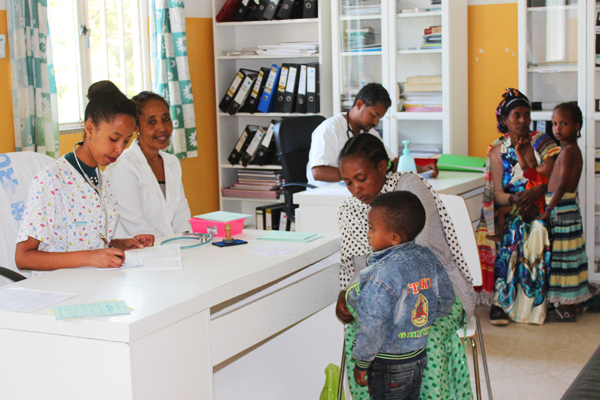
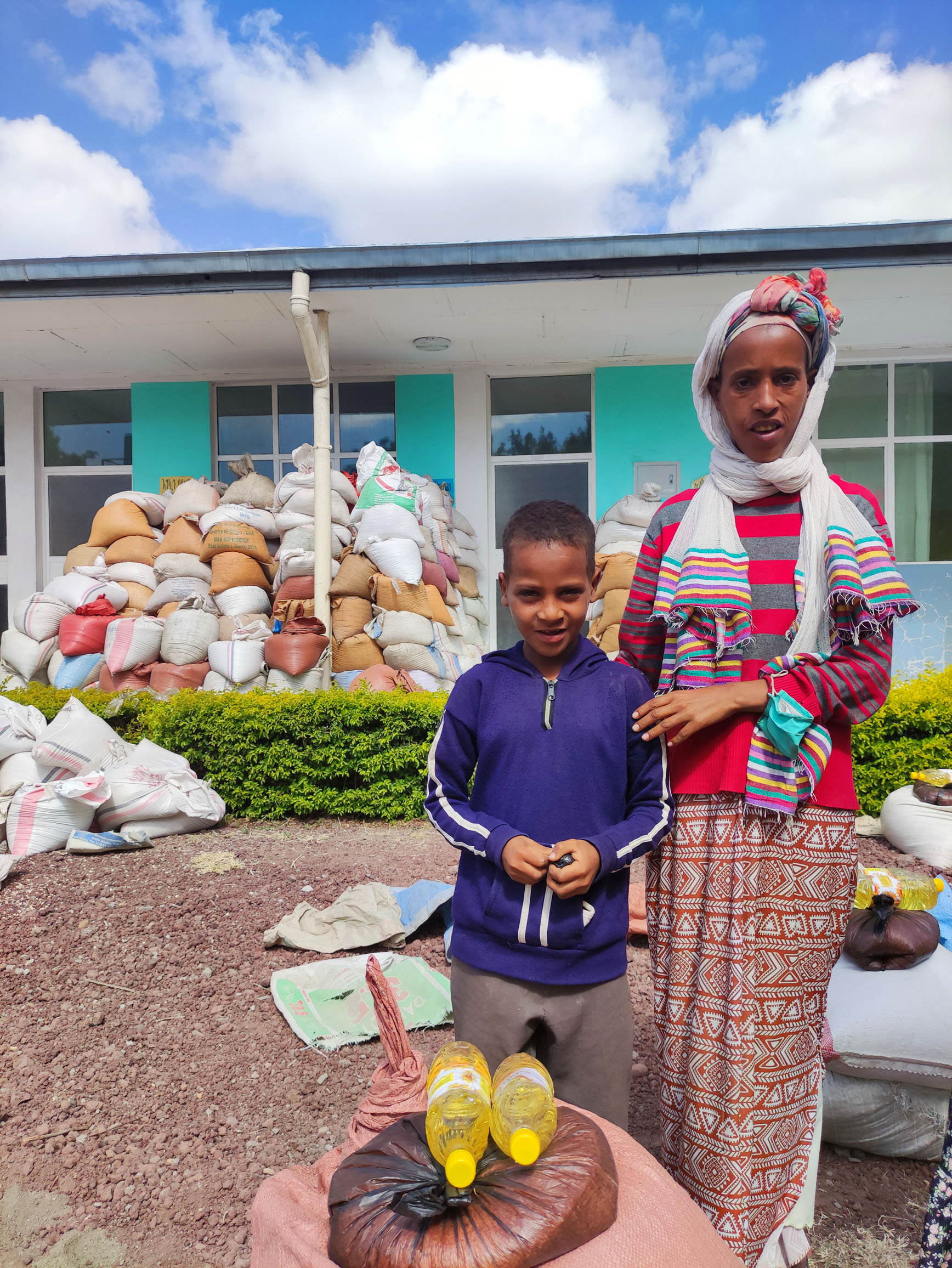
Food deliveries take place four times a year and are scheduled to match with Ethiopian celebrations and holidays (Christmas, Easter, school holidays and the Ethiopian New Year on September 11th). These include teff (Ethiopian cereal with high nutritional value), oil, lentils, maize, shiro (chickpea paste) and wheat.
During these 4 annual visits, our social workers take the opportunity to give motivational talks to families in order to make them aware about the importance of their children’s future, going to school, nourishment and health. Usually a beneficiary who has already been part of the program for a few years, is invited to tell his/her success story. This is a good way to reinforce awareness.
SPECIAL SUPPORT FOR THE MOST VULNERABLE AND OTHER PROGRAMS RELATED TO THE PROJECT
Through a SPECIAL SUPPORT "sub-program", children, who have lost both parents or come to Meki from the country where there is no secondary school, receive additional support such as rent and further food allowances. The Pablo Horstmann Foundation has also opened a COFFEE HOUSE in the orphan compound that employs several mothers of beneficiary children, to make them economically independent. Another program called SILK GROUP teaches families how to save money and promotes access to credits to start a business.
WE CARE UNTIL ECONOMIC INDEPENDENCE
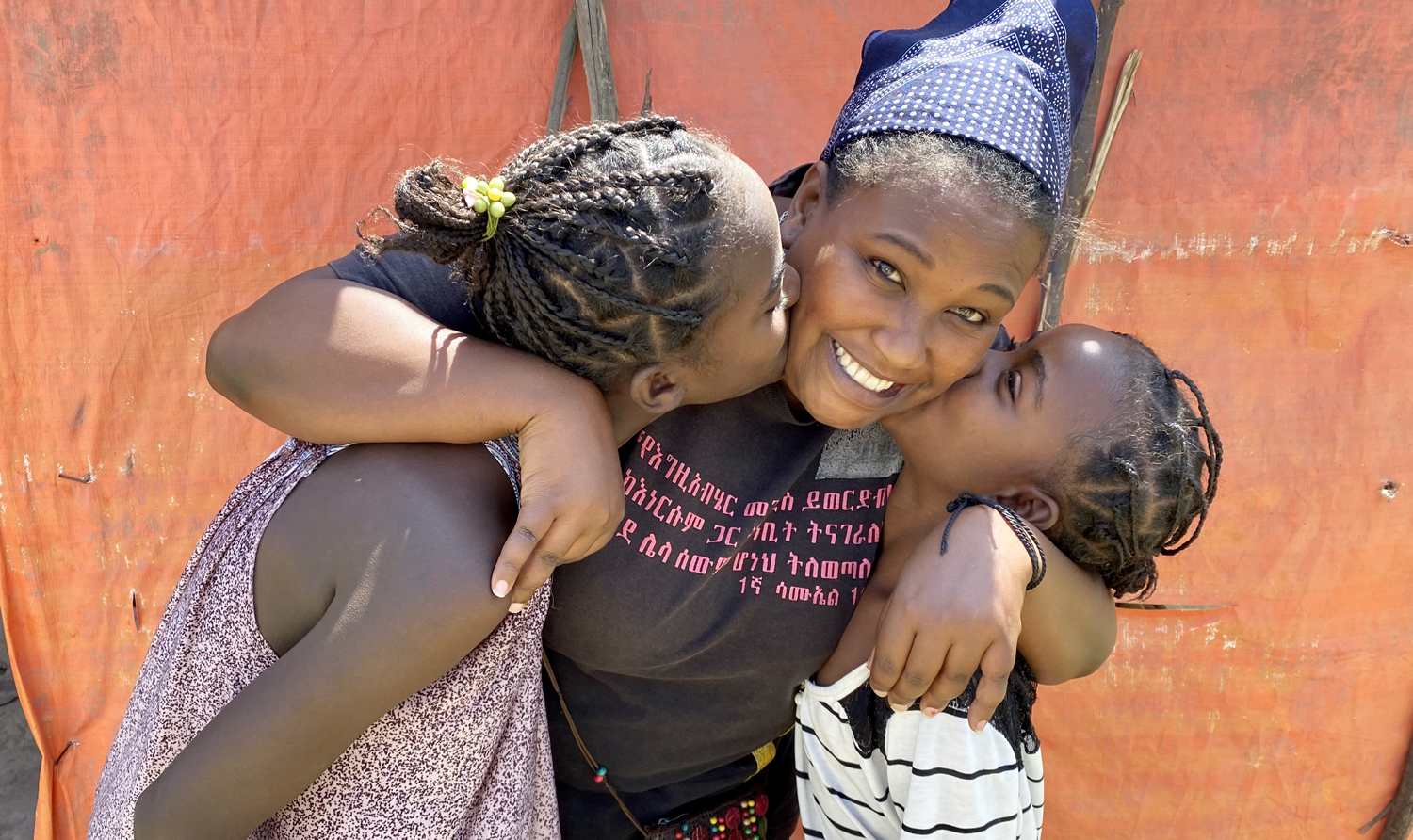
As the age of the beneficiaries rises, many of the beneficiaries are already finishing school. Through the years, the social workers have provided career counceling to the beneficiaries so that they can decide wether to do a vocational training or higher education, as the LCS Program will continue granting them support until they achieve economic independence.

